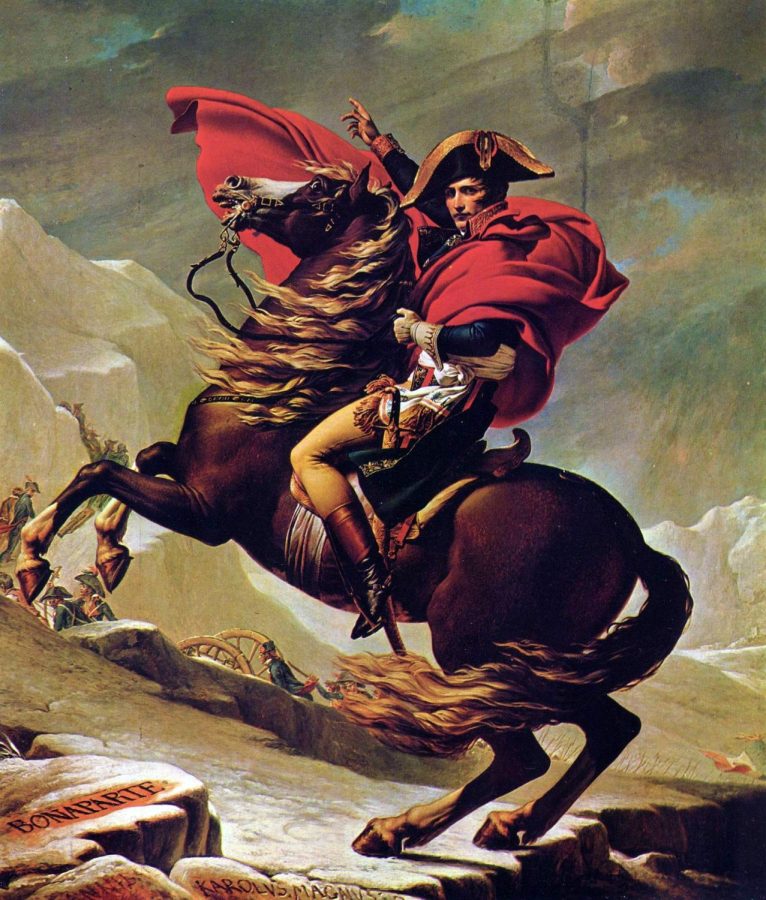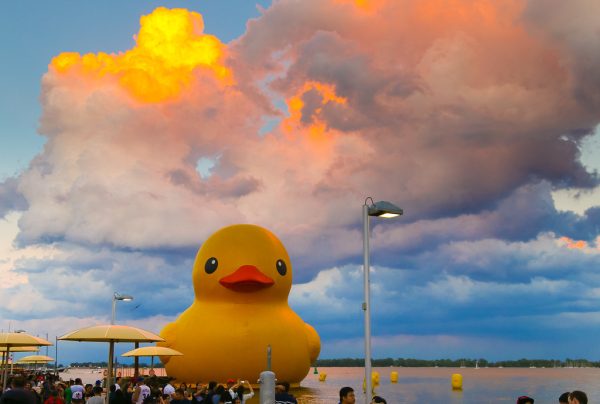Do emperors still exist?
Napoleon Bonaparte is one of the more well-known emperors of history
I’m sure that everyone has heard of emperors; we’ve either seen them in television programs or short films, in a variety of board games, or in the news. In either case, it’s a very intriguing idea to read about.
You may be asking what an emperor exactly is and how someone comes to hold that title. To begin with, an emperor is a man who reigns over an empire or serves as its head of state. The feminine counterpart to that is called an empress. The word’s core meaning originates from its etymology and is “commander” or “to command” The creation of this dates back to January 27 BC.
An emperor is typically chosen through inheritance or by overthrowing a king. Emperors are typically seen as having greater royal honor and rank than kings. In some nations, emperors can sometimes be chosen by voters. It truly just depends on the hereditary law whether someone is deemed to be an emperor or empress at a given age.
Although male rulers are more frequently chosen, females have occasionally taken on the position of empress. The average tenure of an emperor or empress is typically eight years or longer, although more than half of them met an early and brutal death.
Why do we have emperors? It is seen as significant since it represents the state and the harmony of the population. Countries create empires to gain money or power. Famous emperors in history include Caligula, Napoleon, and Constantine. There aren’t many active empires left today, but Japan is one that does. His name is Naruhito, and he became emperor in 2019.

Hi, it's Gaby! I was born and raised in Vallejo before moving here 7 years ago. I’m a senior here and I think that being in journalism is very comforting,...



